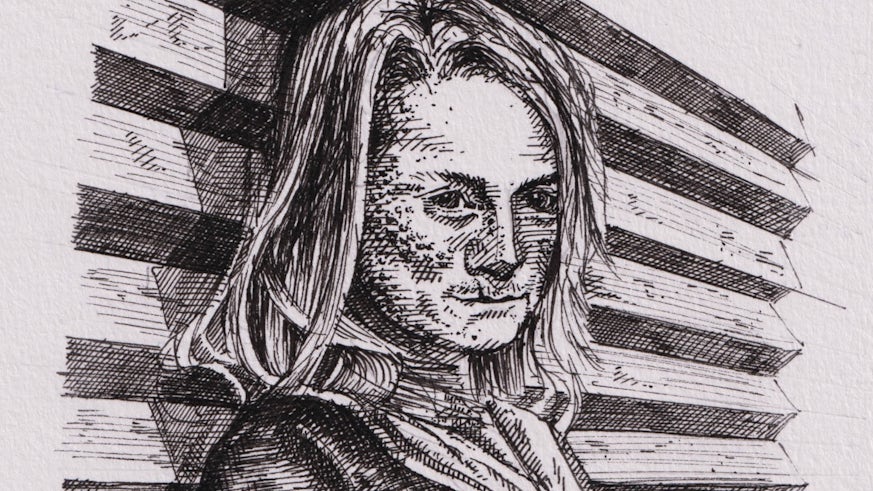Revealing the human face of British transportation
8 November 2019

Cardiff University hosts Facing History event for national humanities festival
Facing History explores what the convicts Britain sent to Australia looked like as the School of History, Archaeology and hosts a special event as part of Being Human 2019, the UK’s only national festival of the humanities.
The event will explore facial, racial, age, gender and disability diversity among runaway convicts in 1830s New South Wales.
Facing History will use the detailed descriptions of runaway convicts published in New South Wales newspapers in the 1830s to crowdsource portraits of individuals who passed through the British legal system to the Australian colonies.
Using official newspaper descriptions of tattoos, scars and other features, five pen and ink portraits – including at least one child and one Welsh convict – will help spark the imagination, thanks to commissioned portraits by local artist Rosemary Baker.
Participants will discover/discovered more about these people with biographical details in English and Welsh and a bonus bite-size talk from the historian behind the event Dr Emily Cock, a native of Gol Gol, in New South Wales, at 6pm.
Armed with fresh insight into this hidden past, participants will draw their own convict portrait to make the forgotten faces of this period of British history much more personal in our 24/7 globally-connected world.
The historian behind the Being Human event Dr Emily Cock is one of the UK’s ten New Generation Thinkers this year. She explained the inspiration and aims of the Cardiff event:
“Fitting with this year’s Being Human theme of ‘discovery’, Facing History will shed light on the surprising diversity within the approximately 160,000 people transported to the Australian penal colonies. People in Britain and Australia are always surprised to learn that Britain transported children as young as 9, people of colour from Britain and around the world, as well as people with a range of disabilities, who are so often erased from the historical record.”
“I’m also aiming for participants to get a real sense of the process of interpretation required by historians in everyday practice.”
The official portraits, including crowdsourced versions, will remain at the venue for a fortnight, with the option to contribute digitally on the night or via social media with the hashtag #FacingHistoryCardiff.
Co-editor of Approaches to facial difference: past and present and author of Rhinoplasty and the nose in early modern British medicine and culture, Dr Emily Cock is a Leverhulme Early Career Research Fellow at Cardiff University working on the three-year project Fragile Faces: Disfigurement in Britain and its Colonies (1600–1850).
As part of a 10-day national programme of big ideas, big debates and engaging activities for all ages, Facing History aims to champion the excellence of humanities research in Wales, help to demonstrate the vitality and relevance of this today and showcase how the humanities helps us understand ourselves, our relationships with others and the challenges we face in a changing world.
Last year Being Human encompassed a programme of 250 events in 56 towns and cities across the UK, with a total estimated audience of 20,000.
Facing History Cardiff was selected to be part of Being Human by the festival organisers, the School of Advanced Study, University of London, the Arts & Humanities Research Council, and the British Academy.
Facing History takes place on Friday 15 November at Little Man Coffee in Cardiff, CF102EE (17:30- 19:00). All are welcome to join this fun, drop-in event. Booking ahead is welcome but not essential. For latest updates follow #FacingHistoryCardiff.
